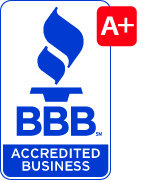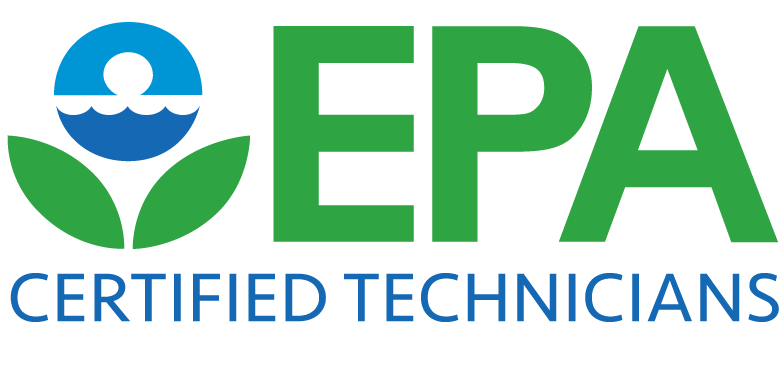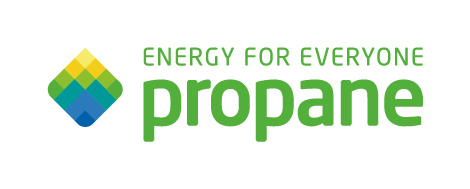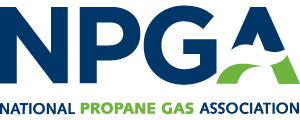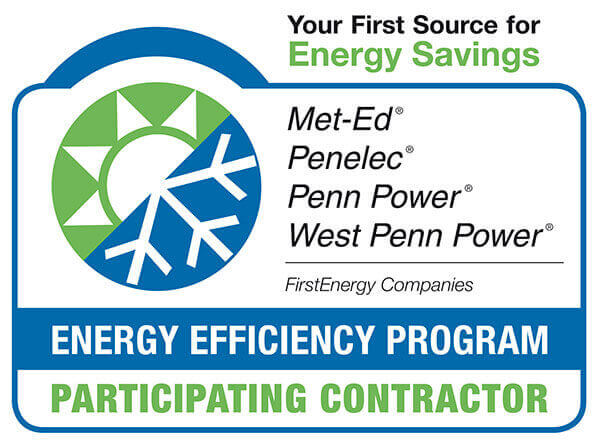SOS XTREME Comfort® provides the best heating and cooling repair services in Ramsey. Our technicians are trained in the very latest technology and can work on all brands of oil, propane, electric and gas heating systems and central air conditioning systems.
We service, repair and install:
- Oil Heat Systems
- Gas Furnaces, Boilers and Heating Systems
- Propane Heating Systems
- Electric Heat Pumps
- Central Air Conditioning Systems
- Ductless Heating and Cooling Systems
At SOS XTREME Comfort®, we specialize in creating comfortable environments in homes and businesses. We have been helping customers in and around Ramsey since 1934. Give us a call today to get your heating or cooling system serviced or installed.
Call For Fast Service:
973-827-8179
API Token is not configured
In addition to servicing Ramsey we also service the following nearby towns:
Allendale, Closter, Cresskill, Demarest, Dumont, Emerson, Englewood, Englewood Cliffs, Franklin Lakes, Harrington, Haworth, Hillsdale, Mahwah, Montvale, New Milford, Northvale, Norwood, Oakland, Park Ridge, Ramsey, Ridgewood, Saddle River, Tenafly, Town Of Washing, Waldwick, Westwood, Woodcliff Lake
Click here to view our total service area.
FAQs
Q: What does HVAC stand for?
A: HVAC stands for heating, ventilation, and air conditioning.
Q: What kind of maintenance do I want to do on my heating and cooling unit?
A: As a property owner , taking care of your system is truly not brain surgery. There are a number of factors that you need to always remember. The key feature to remember is adequate airflow. This suggests that you must examine your air filters quite often and replace them out when they are dirty. It also implies that you need to make sure that your air vents aren’t blocked out by objects such as furniture pieces. Actually, don’t even shut air vents to rooms that are less commonly used. You are making your system run more than need be, using more electrical power to do so, and wasting money. Lastly, be sure to arrange an annual tune-up on your air conditioning system. This must be done in the early spring. Schedule an annual tune-up on your heater in the autumn season.
Q: How do I figure out when to switch out my air filter?
A: There is no precise solution to this question. This is for the reason that one home will definitely call for a different quantity of filter changes than another. A house that has family pets or is located in a dusty climate will need to have more filter changes. Nevertheless, it is advisable to inspect them once a month. Mark the calendar as a reminder. Life can get very busy and remembering something like checking your HVAC filter can slip through the cracks. When you take a look at it, thoroughly examine it. Make sure that it does not appear dirty. Never let more than 90 days in between air filter changes. Additionally, when it does seem dirty, be sure to swap it out even if you just changed it a couple of weeks ago. The trick to an efficiently working HVAC system is proper filtration.
Q: How do I identify when my air conditioning unit, central heater, or HVAC system is still under warranty?
A: All these types of systems have a manufacturer’s label on it. Examine your unit and find the label. Usually, warranties last about 5 years. This can vary from one brand name to another but this is mostly standard. It also changes based on the service company that installed it. A reliable Ramsey cooling and heating company, like SOS XTREME Comfort®, will be able to give you more relevant information on your equipment and let you know if the warranty for your unit is still valid.
Q: Should a loud noise coming out of my AC and heating unit be something that worries me?
A: Even when your HVAC system seems to be working suitably, your next-door neighbors will thank you for servicing your noisy HVAC system. Undoubtedly, they don’t want to know whenever your system starts up or off. Furthermore, there is enough sound pollution in the world and the last thing that you need to do is be a contributor to it. A loud unit can be triggered by a few variables. They are:
- Age
- Make and model of the unit
- Is your compressor insulated or not?
Cooling and heating systems that are assembled now of days are built with a quieter design. The good news is that you can compare one model to another by taking a look at their sound ratings. This will really help you decipher which one to purchase because you do not want one of the louder models if it is located right outside your bedroom window. That may not go over so well during the night.
Q: I have an idea of the risks of carbon monoxide. Is this something I might be concerned about?
A: A carbon monoxide leak is undoubtedly harmful. It can cause harmful consequences. Since a leak is undetected, it is recommended to get a CO alarm in your home. You should also administer proper routine maintenance on your system to avoid a carbon monoxide leak.
Q: What are the causes of indoor air pollution?
A: Contributors to indoor air pollution can vary. Some might actually amaze you. Some items in your house have substances that produce fumes or gases. These include:
- Carpets
- Home furnishings
- Drapes or window curtains
- Upholstery
- Cleaning products
Since newer homes are built so tightly, they do not breathe as well as older houses do. While this may make for an incredibly energy efficient home, it also promotes to indoor air pollution. The accumulation of gases and fumes result in indoor air pollution. This can be prevented by having an HVAC system that allows proper airflow. With a whole house ventilation system, a property owner can appreciate a remarkably energy efficient home without the problem of indoor air pollution.
Q: Should I cover up my outdoor unit over the winter months?
A: Your outdoor unit should not be covered during the wintertime. Even when a blizzard is predicted, your system can deal with it. These HVAC systems are made to tolerate even the chilliest of weather conditions. Covering it can create some unexpected problems. If another person were to mistakenly switch on the air conditioning unit, it can damage the condenser and its parts.
Q: I have invested in an updated furnace and air conditioning system. How much time should I presume it to last?
A: This completely is based on a a handful of aspects. When you purchase a brand-new furnace or air conditioner, they are produced to last around 15-20 years. It really should be noted that most cooling and heating systems eventually become less energy efficient as they grow older. Therefore, a 12 year old unit will not be as energy efficient as an updated one. You can help your HVAC system last and work more efficiently by thoroughly taking care of it. Adequate installation also contributes to the life expectancy of an HVAC system. Be sure that it is installed correctly by choosing a reputable Ramsey HVAC company, like SOS XTREME Comfort®.
Q: How can I make my system work a bit more efficiently without needing to exchange it?
A: Even though you don’t wish to remove and replace your unit, there are a handful of tasks that you can do to your current system that will help it perform more efficiently. A few of them are listed below:
- Don’t forget to arrange a tune-up in the spring and in the fall. Research studies suggest that property owners who accomplish this save roughly 5%-10% on their electrical expenses.
- Replace out your dirty air filters. A dirty air filter greatly impacts the quantity of electricity that your system needs to perform. A dirty air filter will make your system function harder which costs you even more. You need to buy high quality energy efficient filters. They keep your system cleaner while enhancing energy efficiency and improving indoor air quality.
- Don’t shut or close your air vents. The key to a more energy efficient system is proper air flow. Your equipment should breathe in order for it to do its job.
- Keep your outside unit unobstructed and clutter-free. Remove anything that might obstruct air circulation surrounding your unit.
Q: I should get a new heating/cooling system. How do I choose the right one for me?
A: The very first aspect that you should consider is overall size. The machine has to be the correct size for your house. Many homeowners make the error of buying units that are too large, thinking that the system will warm up or cool their home more speedily. Other property owners purchase units that are too small, thinking that their units will use much less electricity and consequently, save money. This is a big no-no. Your unit should go well with the size of your house so that it can properly heat or cool it. A Ramsey, New Jersey cooling and heating contractor, like SOS XTREME Comfort®, has the expertise to match your unit. Also, be sure to explore operating costs of your system with your contractor. You want a system that, essentially, pays you back. Be sure to get a system that, on a monthly basis, offsets the cost of the unit with the help of your power bill.
Q: Will a brand-new Ramsey HVAC system decrease my power bills?
A: New HVAC machines are much more energy-efficient than their previous equivalents were. By requirement, they need to have a 13 SEER or Seasonal Energy Efficiency Ratio. This signifies that they are very energy efficient. There are also units that have a much higher SEER rating than 13. The greater the rating, the more energy efficient that it is. With a 13 SEER, you can save as high as 50% on operating fees.
Q: I want to landscape my lawn in the spring. Can I plant near my outdoor unit?
A: You can grow plants in close proximity to your unit but we recommend that you leave 18 inches around your unit clear from any plants. This permits proper air airflow which your system needs to have for it to work properly. Otherwise, your machine could overheat which leads to an unnecessary service phone call.
Q: The temperature inside of my house is fine but my unit’s fan seems to be running all of the time. What should I do?
A: If your fan seems to be operating all of the time, then it is likely that your thermostat is on the ‘on’ position. Although this setting generates more of an even temperature within your house, it most definitely will make your energy bills rise.
Q: Can I close off doors and vents to areas that aren’t commonly used?
A: Do not close off areas or air vents. Although it might feel like common sense, it is a waste of your resources. Your unit is matched to the duct system in your house. When you close off vents, it produces a lot of pressure and ramps up your blower, the center of your HVAC system. This makes it less efficient and increases your home electric costs.



